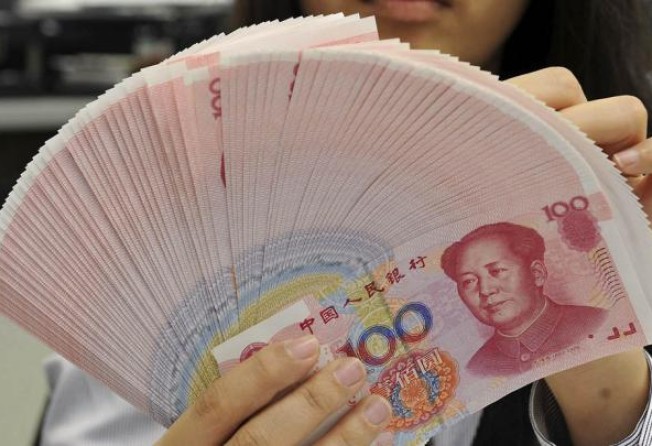Doors will open for Hong Kong businesses switching to renminbi trade
Albert Chan looks at how HK businesses can open up new opportunities

The renminbi is reordering the global trade environment, presenting new opportunities for those businesses bold enough to grasp them.
Hong Kong's trade with the mainland has grown exponentially over the past few years, boosted by the twin locomotives of extraordinary mainland growth and increasingly transnational industrial assembly lines. Today, Hong Kong's trade flows are dominated by its bilateral relationship with the mainland, which took over 50 per cent of Hong Kong's total exports and 47 per cent of its total imports for last year. The latest HSBC Commercial Banking Trade Forecast suggested that mainland China will remain Hong Kong's dominant trading partner until 2030.
Some 10.5 per cent of China's total overseas trade - equivalent to over US$400 billion - was estimated to have been settled in renminbi last year. That portion is expected to rise to 30 per cent by 2015, and 50 per cent when it comes to trade with emerging markets.
Under the most common current arrangement, Chinese companies invoice in dollars and in doing so absorb a significant part of the currency risk involved in any given transaction: if the renminbi appreciates between the time the deal is struck and payment is delivered, they can lose out.
That looks like a good deal for customers, but Chinese corporates charge heavily for the service; an estimated 3 per cent to their dollar invoices to cover their currency risk.
For years, the perception that the renminbi was undervalued against the dollar - and would therefore only appreciate - made it relatively expensive to hedge. But more recently the markets are starting to accept that the currency is close to reaching its long-term equilibrium value, making forward hedging cheaper.
The renminbi's life as an international currency only began in 2009, and its meteoric rise has been actively assisted by the Chinese government, which has been steadily stripping away the restrictions on its use.
The restrictions that remain are centred around investment flows into and out of the capital account rather than trade. The only constraints to using the renminbi as a trade currency are of a more logistical nature: international markets are still in the process of developing and spreading the renminbi-denominated hedging and credit products that help smooth international trade financing.
Hong Kong has played a leading role in the global expansion of the renminbi, and it is still the largest and best-developed market. But China is in the process of widening the network of new offshore clearing centres.
And just as its geographic footprint is growing, new, more flexible products are being developed.
Even while the network is growing, the reach of Hong Kong's international banks puts the renminbi within reach of even the smallest manufacturer or trading house. For smaller and medium-sized enterprises, a switch to the renminbi represents more than just savings. It opens up a new layer of smaller Chinese suppliers who may prefer the ease of using their own currency or be reluctant to take on the dollar exposure.
Given the economic challenges of recent years, Hong Kong has done remarkably well, but businesses still need to recognise and exploit the opportunities presented by the growing international presence of the renminbi.
For Hong Kong business, it represents a unique chance to cut costs, reduce financial friction in the supply chain, and open up new markets.
Albert Chan is head of commercial banking, Hong Kong, at HSBC